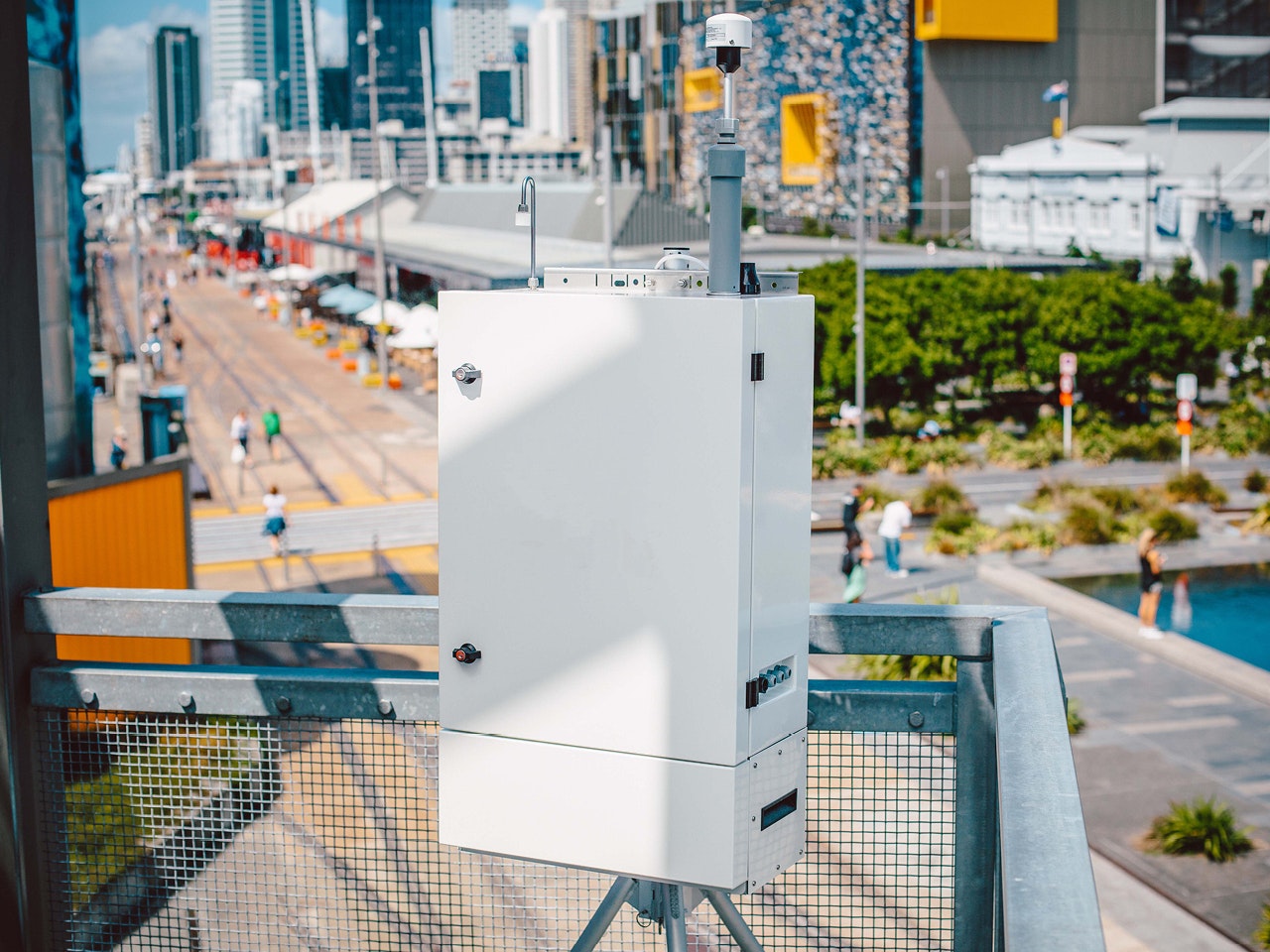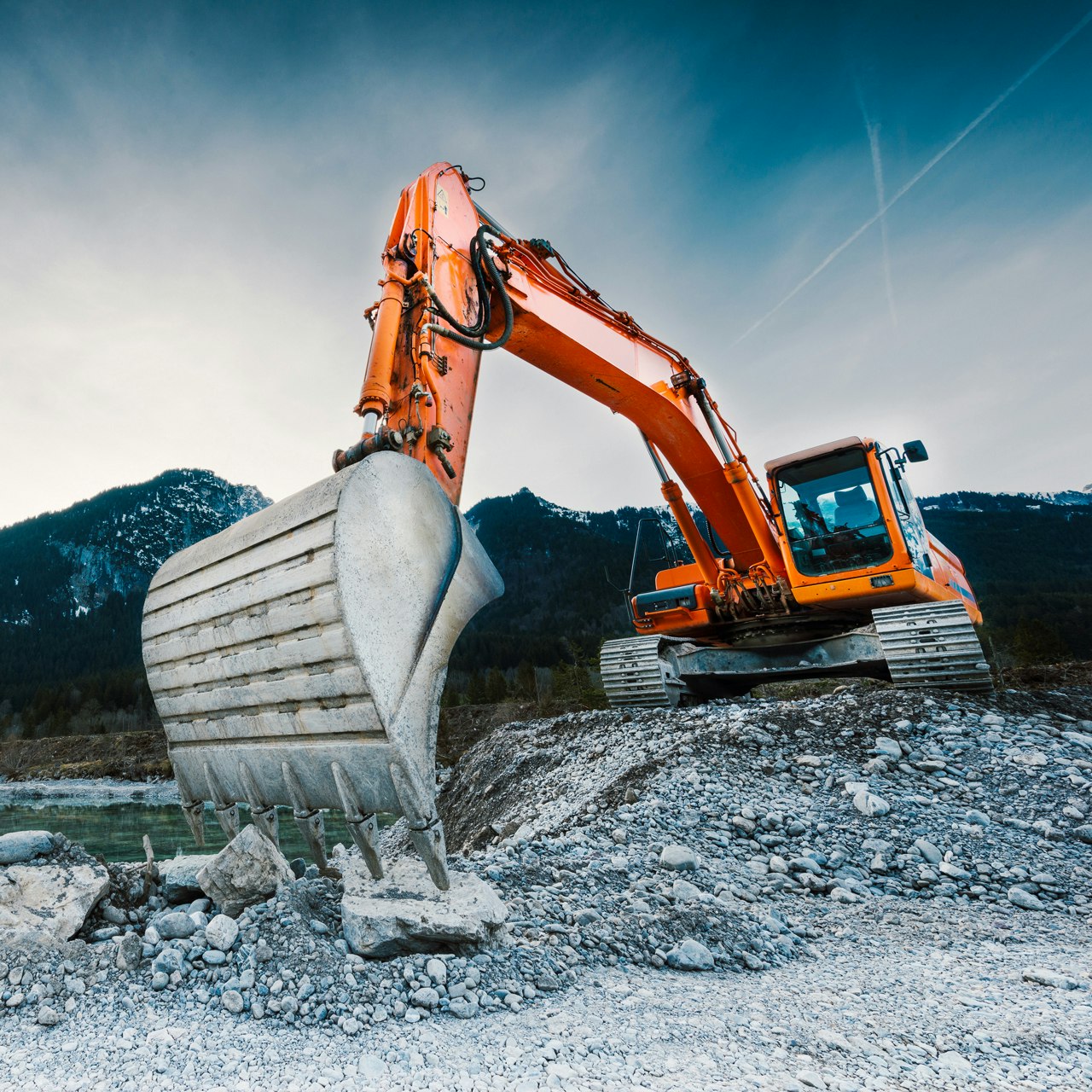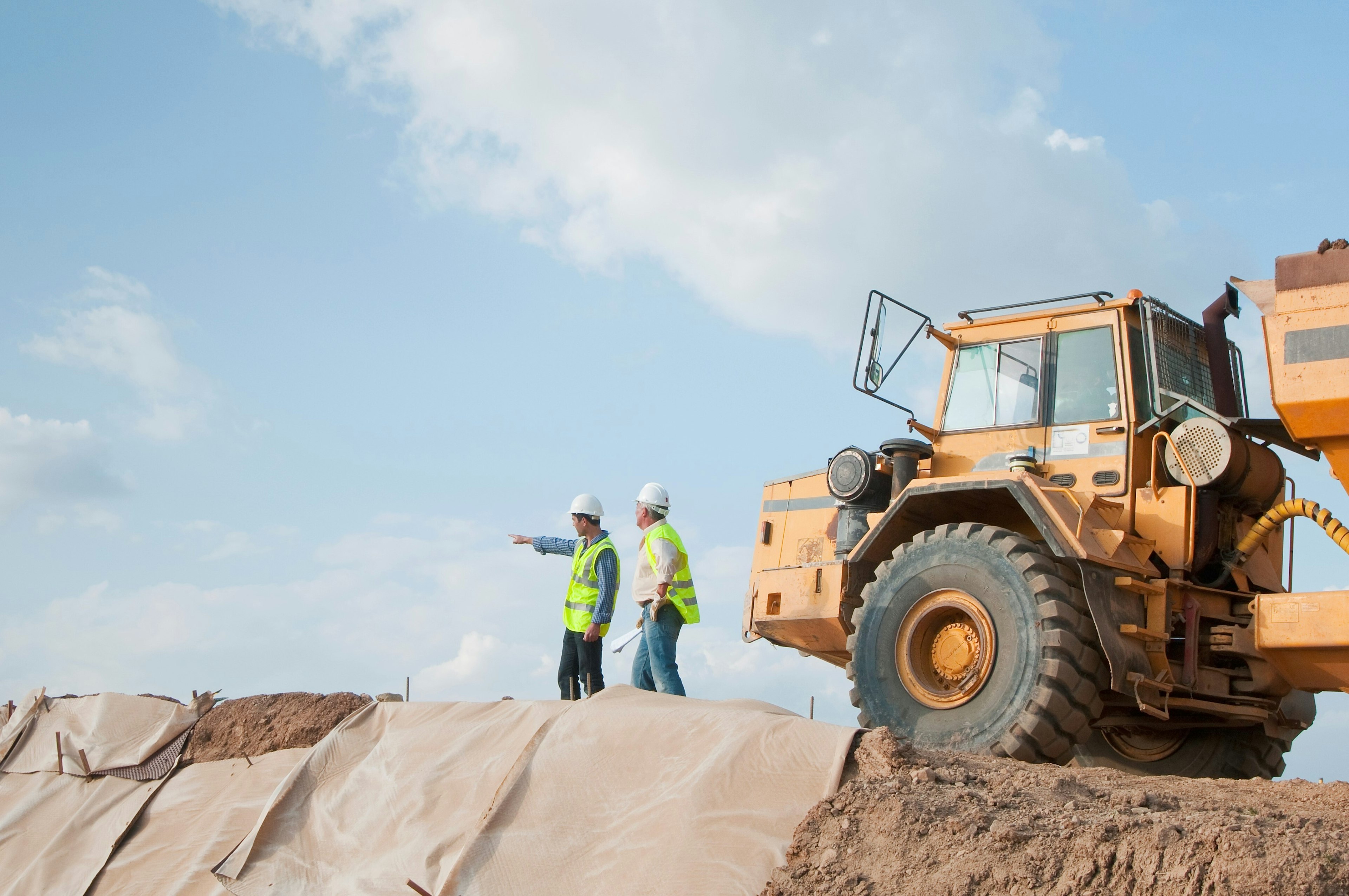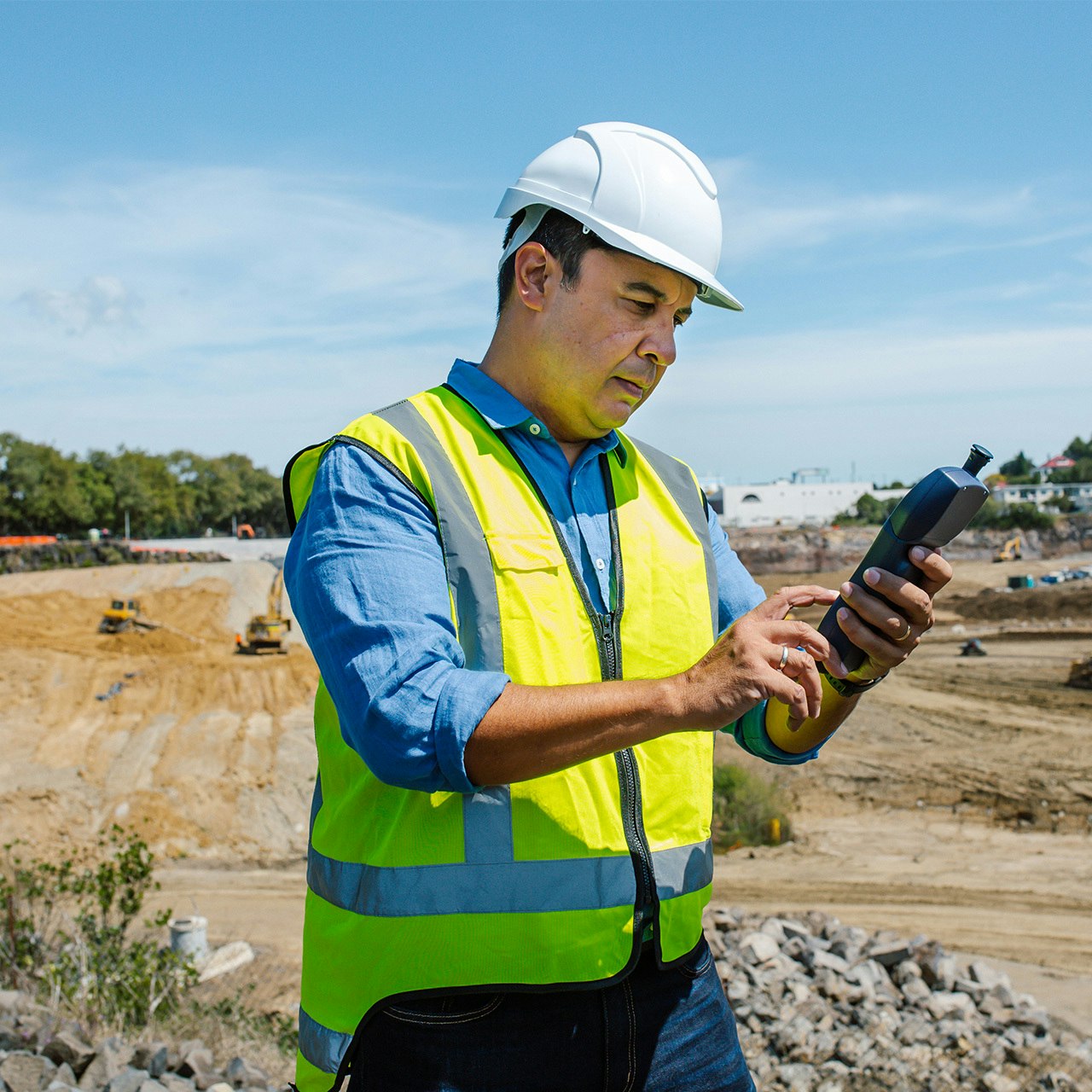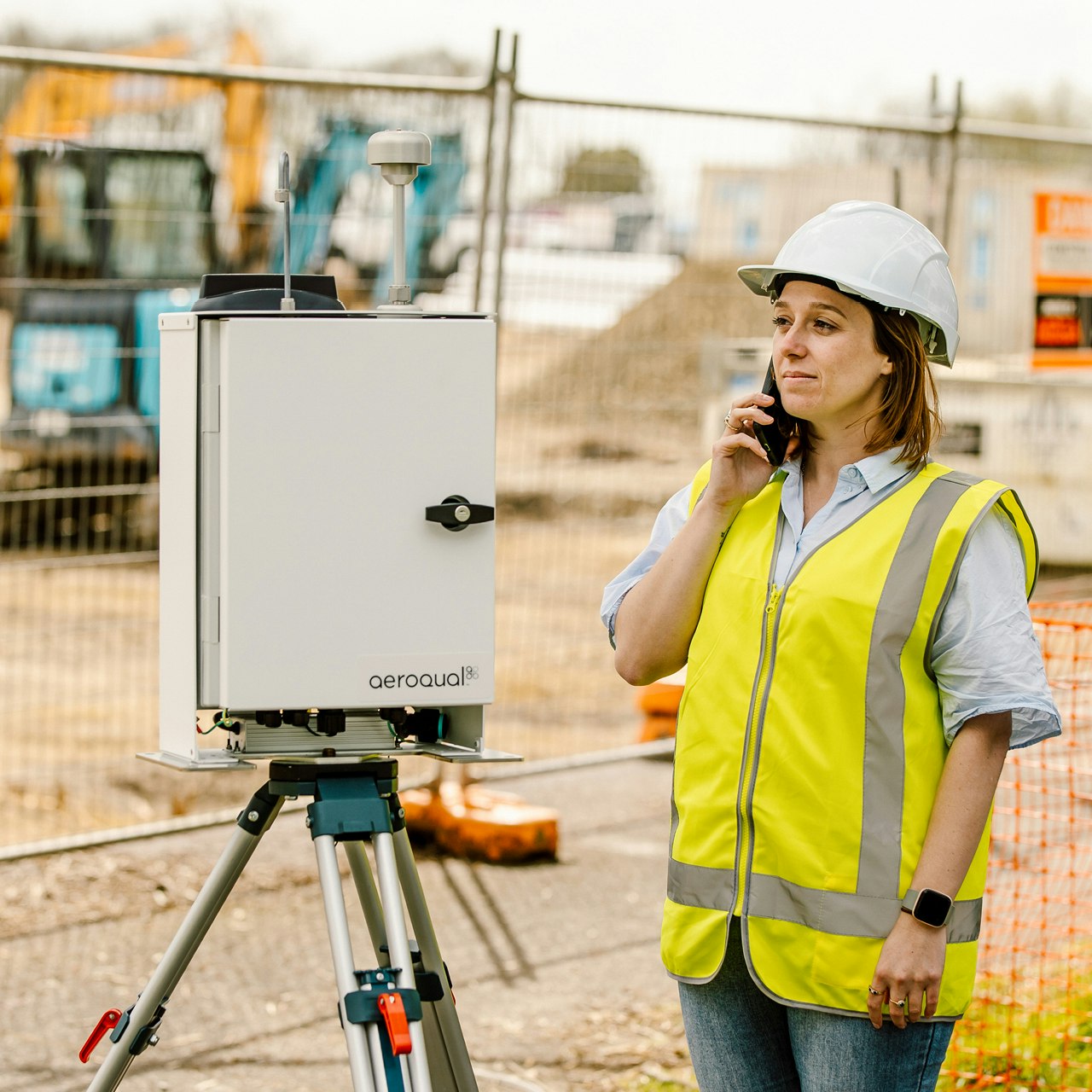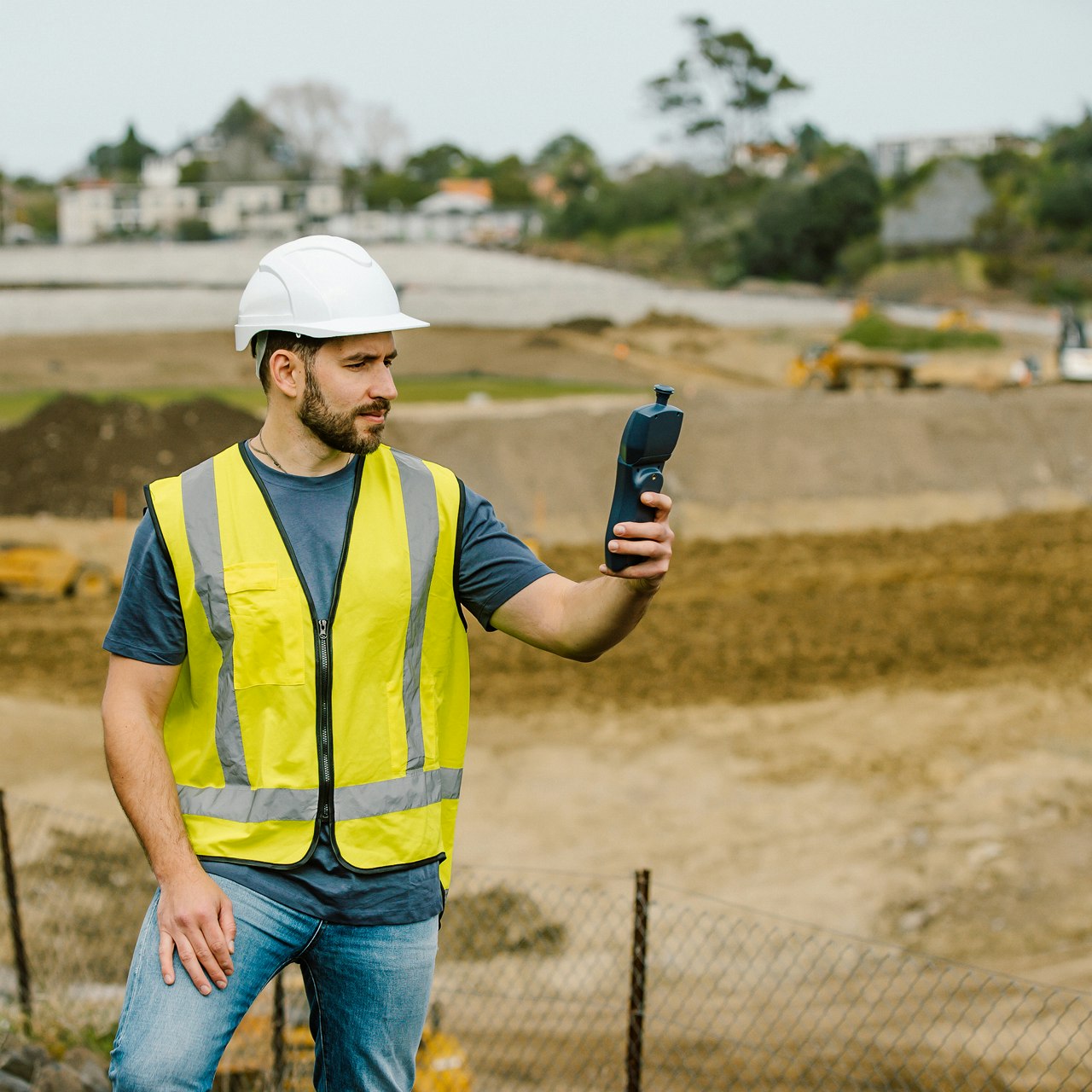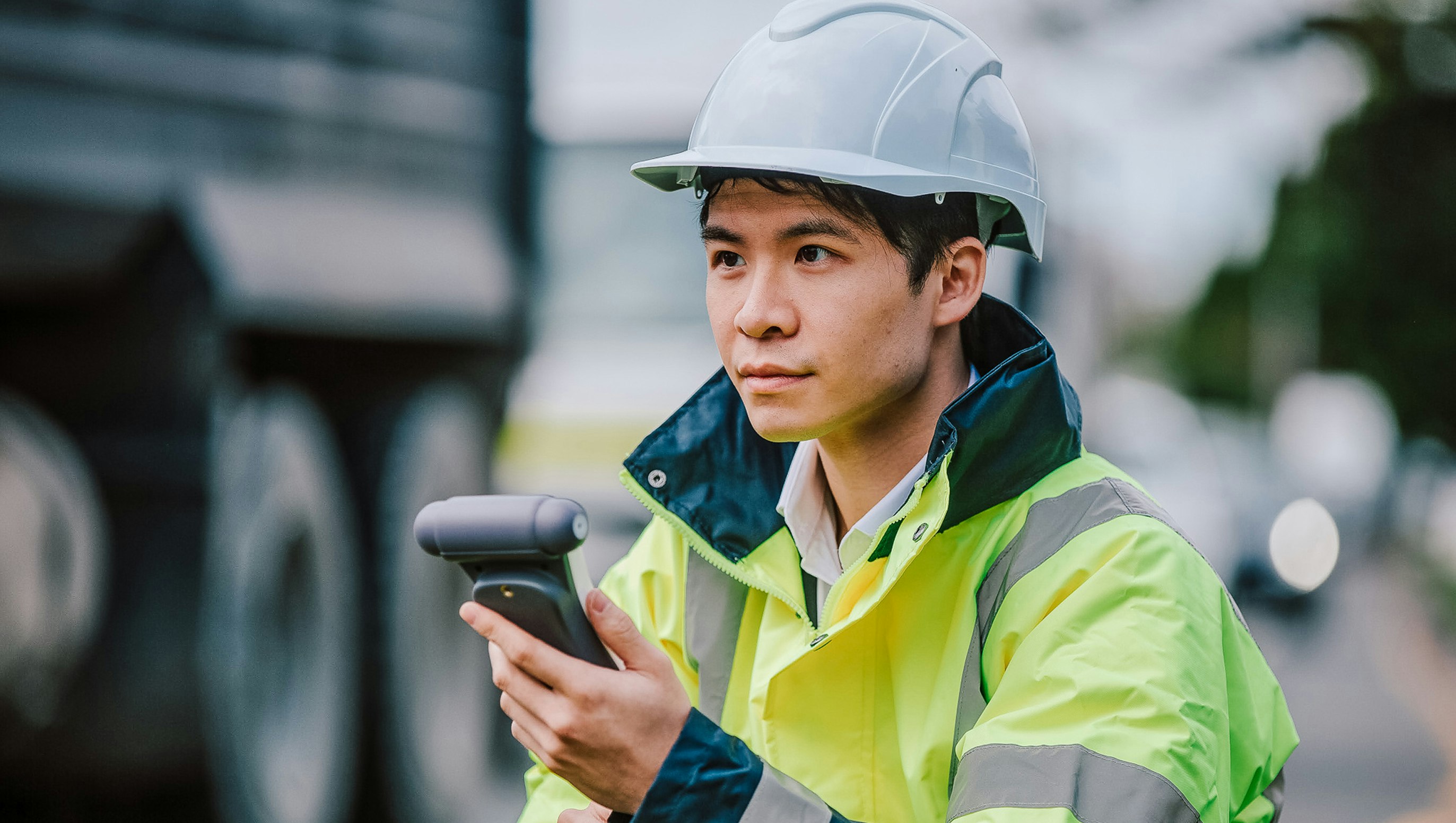Blog
Should you rent or buy air monitoring equipment?
Article Details
Last Updated
14 September 2025
Published
23 August 2018
Category
Remediation
What consultants need to consider when deciding whether to rent or buy air quality monitoring equipment
Air monitoring equipment is likely to be one of the biggest expenses for your project. How you manage this cost can greatly affect cash flow and project profitability. There are no hard and fast rules to the rent versus buy question. In this article we’ll compare two different perspectives from reputable consultants and present the arguments to rent or buy.
“For a multi-disciplined environmental consultant, renting is a good option if various instruments are required for short-term monitoring of soil, groundwater, and soil vapor on a remediation site for example. Rental suppliers can usually offer us the latest innovative technologies, tech support, and finance or billing services to suit our client’s needs and timeframes.”
– Jim Powell, QEP, Director, Environmental Permitting, Mostardi Platt
“Equipment history and chain of custody are important aspects of measurement traceability and quality objectives of a project. For this reason, TRC prefers to invest in our own air monitoring equipment. This allows us to understand where and how equipment has been used, and implement maintenance procedures that ensure the gear is ready for deployment on the next project.”
– David Elam, Vice President – Project Director, TRC Environmental Corp.
An argument for renting air quality equipment
Capital expenditure
The greatest benefit of renting is obtaining equipment without having to pay the full cost up front. Spending capital or CAPEX is always a concern for all companies, regardless of size, but for small to medium sized businesses, borrowing money or using limited liquid assets could mean financial trouble down the line. Additionally, there may be barriers on CAPEX, whereas operating expenditure or OPEX can be funded from the project budget.
A well-written rental contract can provide companies with more financial control, as it allows them to make regular fixed payments. This may be attractive to smaller companies that don’t have capital budget available to buy air monitoring equipment.
Highly specialized equipment
Think carefully before investing in equipment that is highly specialized or has a relatively short lifespan. It’s important to assess the technology, its lifespan, and develop a payback period accordingly. Applying a universal payback period of, say 5 years, to everything doesn’t make sense. Take for example, a piece of equipment that has a 1-year lifespan. Typically, it would be billed to a project at a daily rental rate calculated at:
Daily Rental = acquisition + ownership cost (1 year) + cost of capital + any additional costs / 365
If the only project on the horizon is a 3-month project, then the remaining 9-month risk has to be covered by someone and there is no guarantee that you’ll have another project within the equipment’s lifespan. In this scenario, short term rental is likely the best option for consultants. Remember the project must pay for the equipment.
Maintenance and total cost of renting
The good thing about renting air monitoring equipment is you don’t have the responsibility (or cost) of maintaining it. If it breaks, it’s not your problem. If a pump fails, you don’t have to replace it. If you are looking at equipment that has frequent service requirements, it might be easier to rent. That said, a maintenance technician may not always be available when required, and rental contracts that have minimum valid data recovery requirements and mandate fast resolution of instrument faults are likely to be more expensive – be sure to check the rental support conditions carefully.
If you are going to rent equipment, be sure to rent it from a vendor that can support your quality system conformance requirements. Make sure your rental vendor provides working equipment, with documented calibration histories, and can respond to failures with timely replacements. A risk when renting equipment is that consultants may initially see the cost as all inclusive. However, in reality there will be operating costs not covered by the rental agreement. It is important that any set up, service and maintenance, expendable supplies, and post-measurement analysis costs are factored into the total cost of renting.
An argument for buying air quality equipment
Total cost of ownership
The greatest benefits consultants get from owning air quality monitoring equipment are flexibility to control project costs, a record of equipment history, and responsiveness. If you’re using the equipment frequently and have the resources and means to store and maintain it, buying it will probably save you money in the long run.
Calculations to determine the total cost of ownership should include:
- The initial cost of the instrument
- Routine service and maintenance costs
- Cost of calibration
- Set-up and configuration time
- Post-measurement analysis (if required) e.g. filter weighing costs
- Storage cost
- Cost of capital
- Insurance
For instruments that see regular use and can sustain a long service life with a consistent level of performance, these costs can be spread across multiple projects. This is especially true for instruments that can be easily reconfigured to measure different parameters or pollutants. The purchasing threshold will be different for every company, but most consultants agree that you should consider buying air quality equipment if you plan to use it continuously for more than 6-8 months (depending on instrument configuration).
Measurement Traceability
If your company conforms to ISO/IEC 17025, or a similar standard, measurement traceability is going to cover equipment history. This may turn out to be more complicated than it seems. Auditors typically require firms to produce records that show maintenance, calibration, and use history. This use history can be a problem when renting equipment.
Accounting, tax and third-party funding
For large consultant companies, the murky world of corporate finance may dictate whether you rent or buy air quality monitoring equipment.
Depending on local tax laws, there are often some tax advantages to owning assets outright. The company’s accountants may well look to use capital expenditure to offset their overall corporate tax bill. In some cases, this can make renting equipment much more expensive than buying it outright.
Also consider, what’s the long-term objective with your client? Are they an industrial customer only interested in buying an air monitoring service? Or are they a government agency looking for a long-term investment in air monitoring equipment? If you decide to rent equipment, you may be able to deduct your monthly rental costs as an expense, but typically the tax considerations ultimately reside with the equipment owner.
Instrument availability and configuration
Quite often, a prospective client contacts you when they already have a problem and need almost immediate site investigation and air monitoring. While rental firms offer access to the latest technology, there is no guarantee that the right equipment will be available when you need it, as newer air monitors are always in high demand. Losing an air quality monitoring contract to a competitor because you don’t have the equipment available could mean missing a much larger business opportunity overall.
Rental equipment may not be configurable to meet the unique needs of a project. For example, if you need to integrate a third-party sensor or modify an instrument to run on a combination of battery and mains power. In these cases, you’ll need a bespoke solution and buying the equipment may be the best choice.
Instrument familiarity
When things go wrong, and let’s be honest they do go wrong, owning an instrument and being familiar with the service and maintenance procedures means faster fault resolution, a greater data capture rate, better data security, less time spent on site, and satisfaction of contract requirements.
Since you know what you’re getting for your money, you can also better estimate your project budget and make sure everything is done in a cost-effective way for your client. After all, a client that is satisfied with your work is more likely to give you repeat business.
Something to consider whether buying or renting: software tools
Many manufacturers of air monitoring equipment also offer software licensing. As a result, both consultants and their clients have an overwhelming choice of cloud-based instrument and data-management packages. While the air quality industry is still working out what key features, data analysis and reporting tools are most valuable for consultants, important questions to both rent or buy air monitoring equipment are:
- Is the price of the software included in the agreement?
- Is it a one-off expense or recurring cost?
- What level of integration is offered to third party instruments and data?
- How easy is it to export the data?
- Does the software support “flagging” of data with regulatory agency codes
- What outputs does the manufacturer offer (e.g. API, FTP, RS-232/485, or analogue)?
- Do these outputs conform to consensus standards?
- Can software licenses be placed on “hold” when the instrument is not deployed?
- Who owns the data? If the provider of a proprietary solution goes under, how do end users gain access to historical data?
Nevertheless, whether you choose to use a manufacturer’s software or a specialist air quality package, like ENVIDAS, CALPUFF or AUSPLUME, inevitably you will need to interface directly with the equipment at some stage. Being familiar with the instrument’s software improves efficiency and productivity, reduces learning time and support cost, and means less time on site.
To rent or buy air monitoring equipment, that was the question
Making the right decision to rent or buy air quality monitoring equipment can help fuel future growth. There will always be benefits and challenges to consider.
The real answer lies in determining how your decision affects the specific budget, data defensibility and measurement needs for each project. The most important thing is that you have options, and just because you rented last time, doesn’t mean you shouldn’t look at buying equipment for the next project, and vice versa.
Who is Aeroqual?
Aeroqual makes advanced sensors and equipment for air quality monitoring. We help environmental consultants, industrial hygienists and EHS managers to deliver on budget and time-constrained projects by providing them with cost effective and reliable instrumentation. Aeroqual’s solutions are used for community air monitoring programs, on remediation and brownfield development sites, for environmental impact assessments, and industrial fenceline monitoring. Please contact us and tell us about your requirements.
Real-time air monitoring made easy
Take the time and hassle out of your next project with a real-time air quality monitoring solution.




